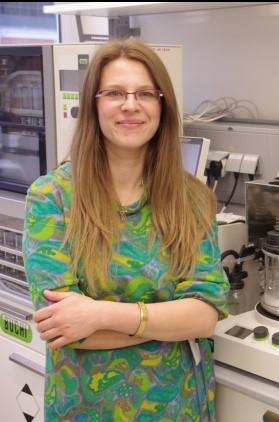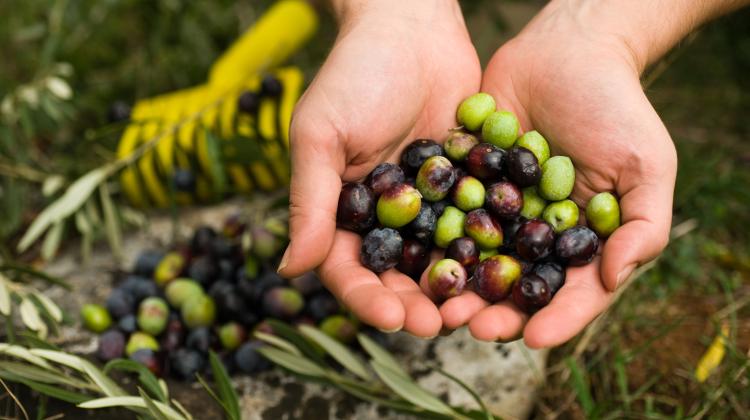
Formularz wyszukiwania
Dr Eng. Ilona Gałązka-Czarnecka
Tue, 03/26/2024 - 11:42
However, I am certain that the egg is an excellent food product in our diet. Sometimes when I think about what I would pack for a deserted island, it would definitely be eggs, as their composition is almost perfect. They contain practically all the nutrients, maybe except for vitamin C. Of course, not all ingredients are in ideal amounts
Wed, 07/19/2023 - 09:18
We have proposed an innovative mix for the manufacture of packaging, which consists of up to 80% pomace, with the rest of the additives being natural, cereal products.
Thu, 02/17/2022 - 15:34
Flexitarianism is something between the typical diet of the developed world, rich in animal protein and processed foods, and vegetarianism. The term comes from the English words flexible and vegetarian and means flexible, pliable vegetarianism.
Wed, 02/09/2022 - 08:10
To eat meat or not to eat? That is the question! It is asked more and more often by consumers in the United States and Europe, who, when faced with doubts, give up meat consumption.
Thu, 03/04/2021 - 16:01
We often wonder what makes people healthy, what makes them age slower, what makes their skin so radiant? We suppose that factors like genes, climate, diet, or places where we live are responsible. Certainly all of these matter, but according to many studies, diet and its specific ingredients are key.










